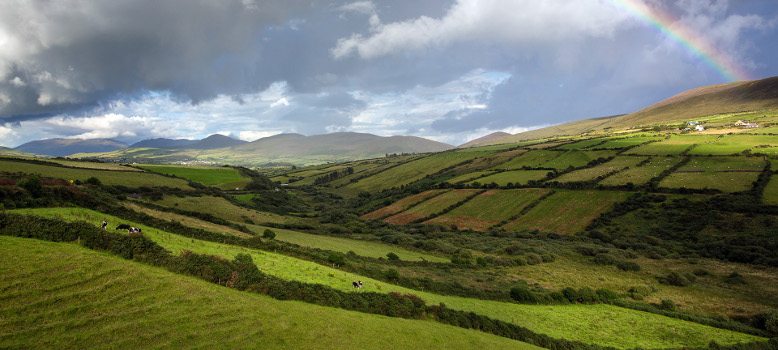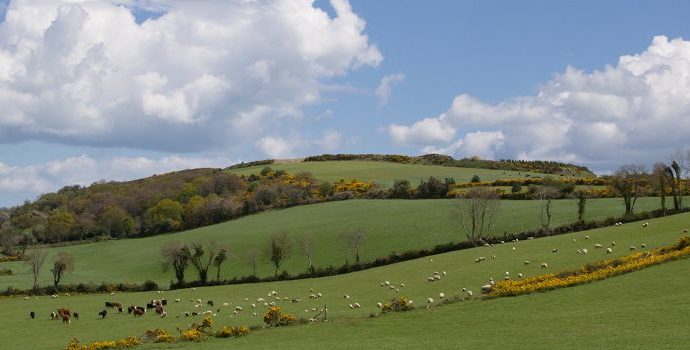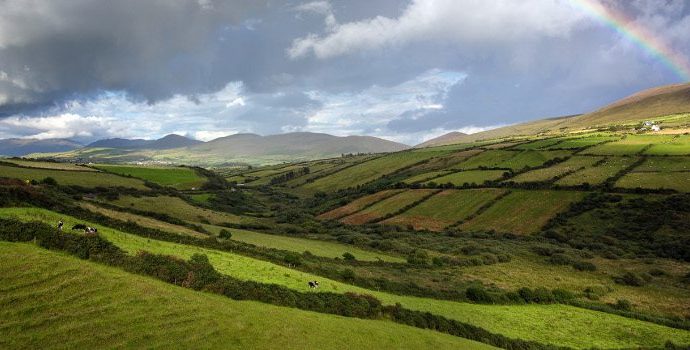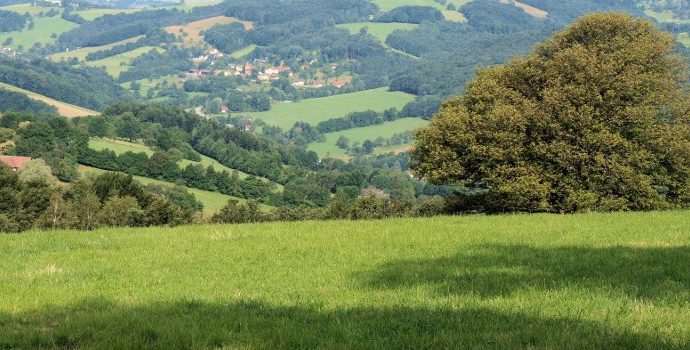
IFA Deputy President Brian Rushe said Irish farmers are committed to playing their part in reducing Ireland’s Greenhouse Gas Emissions (GHG), however the reduction target set for agriculture of 22% to 30% by 2030, presents enormous challenges.
Speaking to the Joint Oireachtas Committee on Climate Action, today, he advised that farmers must be supported to make the necessary changes to improve efficiency and reduce emissions.
He commented that farming and the wider agri-food sector is the backbone of economic activity in rural Ireland. It is Ireland’s largest indigenous sector, providing employment to over 300,000 people directly and indirectly.
IFA Deputy President Brian Rushe said, “This sector is in the spotlight with regard to reaching climate change goals. Irish farmers recognise the need for change and are committed to playing their part. However, it is crucial that farmers are supported to transition towards new technologies, sustainable and innovative practices.”
Climate change is arguably the greatest challenge facing the world today with farmers very much on the frontline. Irish farmers understand they have a unique role to play and are committed to playing their part in reducing GHG emissions.
The target set for agriculture, represents an emissions reduction of between 5 to 7 million tonnes CO2 (Mt CO2). Farmers recognise the need to adapt to reach climate change objectives, however, support must be given in order to viably operate for the ever-higher standards of sustainability.
The Government commitment to reduce Ireland’s Greenhouse Gas (GHG) emissions by 51% by 2030 has implications for all parts of the Irish economy. For the agricultural sector it would require full adoption of the various measures set out in the climate action plan, which is highly challenging within the timeframe provided.
“With the population set to increase by 10% by 2030 there is increasing demand on food production. Farmers are willing to embrace new practices in order to maintain or increase food production viably – it is imperative that Irish farmers’ current sustainability credentials are fully acknowledged and that further change to reduce emissions can only be done in a fair, supportive and balanced way,” said Mr Rushe.




